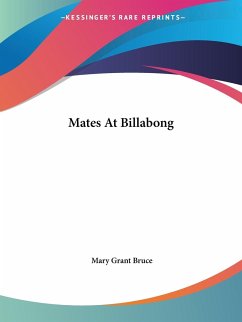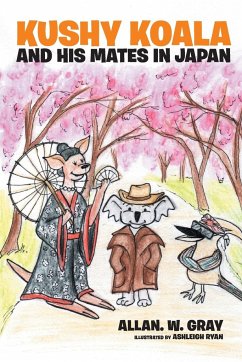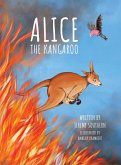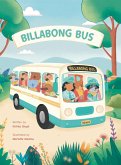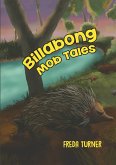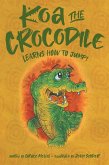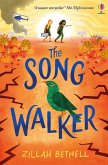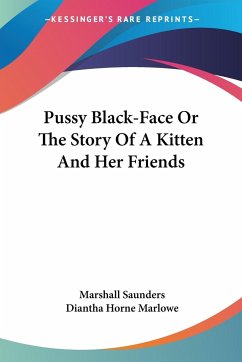""Mates At Billabong"" is a novel written by Mary Grant Bruce. The story revolves around a group of friends who embark on a series of adventures in the Australian outback. The main character, Norah Linton, is a young girl who lives with her family on a cattle station called Billabong. Norah's best friends are her brother, Jim, and a young boy named Wally Meadows. Together, they explore the vast wilderness of the outback, encountering various challenges and obstacles along the way.As the story progresses, Norah and her friends encounter a group of travelers who have become stranded in the outback. The travelers, who are in desperate need of help, are taken in by Norah and her family. As they work together to survive in the harsh Australian landscape, the bonds between the characters grow stronger.Throughout the novel, the themes of friendship, loyalty, and perseverance are explored. The characters face numerous challenges, including bushfires, floods, and dangerous animals, but they never give up. Instead, they work together to overcome these obstacles and emerge stronger than ever before.Overall, ""Mates At Billabong"" is a heartwarming tale of friendship and adventure in the Australian outback. It is a timeless classic that has captured the hearts of readers for generations.""If the Doctor ever gives me anything barring the length of his tongue, I'll have apoplexy!"" remarked Wally. ""We don't twin-soul a bit better than we did. He caught me beautifully the other day. Three or four of us were going to have a supper. I'd been into town to the dentist, and was bringing home a lobster. Coming out, that idiot Bob Greenfield was next me on the train, and he amused himself by rubbing the lobster gently until the thin brown paper they wrap 'em in had worn through in places. I was talking cricket for all I was worth, and never noticed him.This scarce antiquarian book is a facsimile reprint of the old original and may contain some imperfections such as library marks and notations. Because we believe this work is culturally important, we have made it available as part of our commitment for protecting, preserving, and promoting the world's literature in affordable, high quality, modern editions, that are true to their original work.
Hinweis: Dieser Artikel kann nur an eine deutsche Lieferadresse ausgeliefert werden.
Hinweis: Dieser Artikel kann nur an eine deutsche Lieferadresse ausgeliefert werden.

